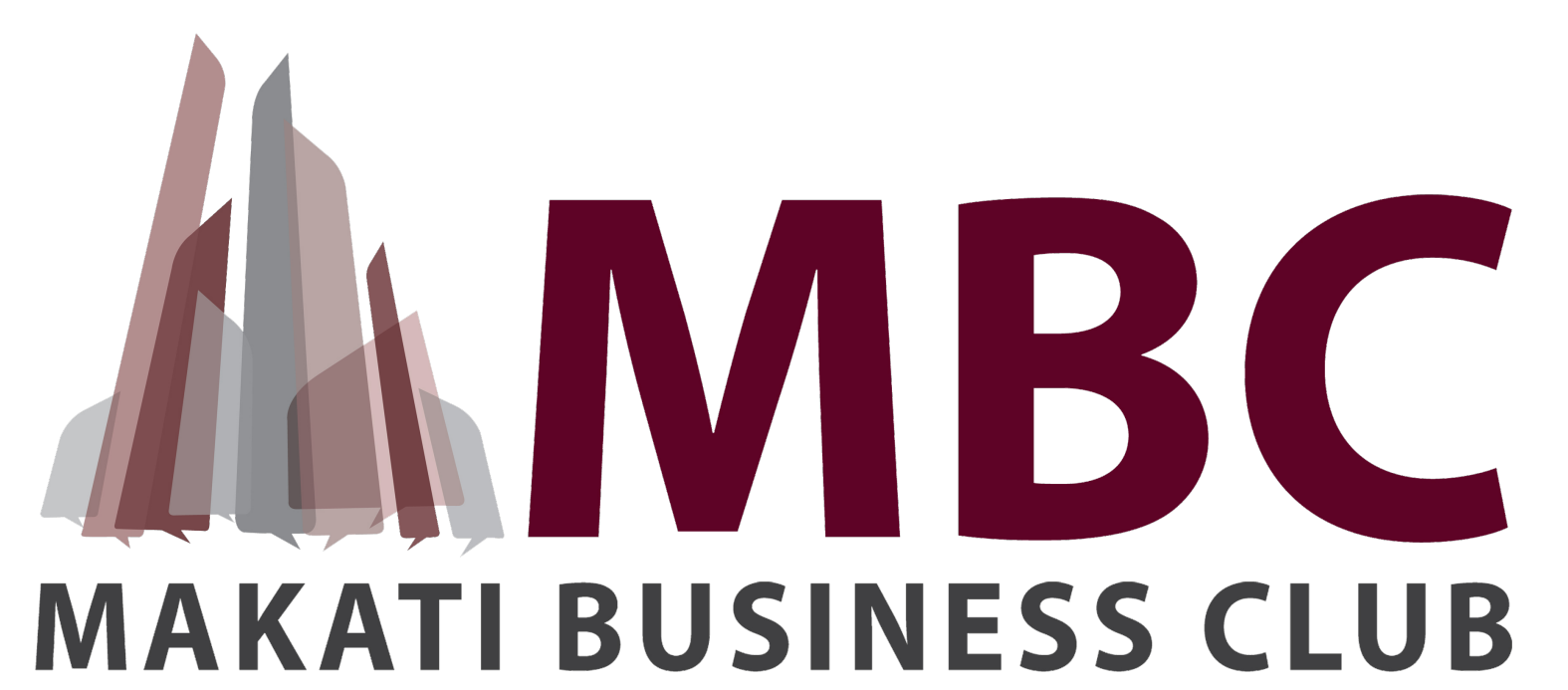By: Rizalina G. Mantaring
The Boston Marathon this year was historic for many reasons, starting with arguably the worst weather conditions in memory.
Boston was hit by the storm that had been moving through the east coast, and I ran in the worst conditions I had ever run in. Rain was pouring throughout the course, strong headwinds pushed us back, and it was freezing.
Wet, frozen, undertrained and starting to feel bad, I was tempted to quit many times. But Boston was the last of the six World Marathon Majors I had to finish to get the Six Star medal, and I didn’t know if I’d ever get a chance to run it again. After 42.195 grueling kilometers, I finally crossed the finish line.
Each of the World Marathon Majors I had run—New York, Chicago, Berlin, London, and Tokyo—was different, and each one gave me new lessons or reinforced old ones. Boston was no different.
When your purpose is clear, you are much more likely to succeed. Of the close to 30,000 runners entered, more than 4,000 either didn’t start or dropped out of the race. Some said it simply wasn’t worth it. But I ran and finished the race because I wanted to get the Six Star medal.
It seems like common sense, but how many companies can actually articulate their purpose clearly enough for their employees to understand why they do their jobs and be motivated to complete their tasks?
Conditions are rarely ever perfect, so you need to adjust quickly. Every runner hopes to do a personal best when they run a race, but in the months prior to the race, a lot can happen to ruin even the best-laid plans. I had a great training plan from my coach, but I wasn’t able to execute it properly, and the weather didn’t cooperate, either. So when race day came, rather than risk not finishing entirely, I decided to slow down from the very beginning and just focus on finishing the race.
Similarly, we come up with great plans, but obstacles always appear. Companies need to be more agile than ever, as technology is disrupting every single industry. How ready are we to adjust our structures, products and processes and retrain our workforces?
Make sure you are properly equipped. The day before the race, my daughter convinced me to buy an expensive 100-percent waterproof and breathable Gore-Tex windbreaker. Thankfully, I did—it probably prevented me from getting hypothermia, which can be fatal, and which caused a lot of athletes to drop out.
When we start an initiative, are we properly equipped to complete it successfully? Do we have the right infrastructure, tools, people and training, or do we scrimp on these?
The stars aren’t always the best ones for the job. One thing notable about this Boston Marathon was that none of the favorites won. The elite athletes often train in great conditions; they were not used to the brutal weather they got.
When choosing people for a task, stars aren’t necessarily the ones who will do it best. Often, it’s the most committed, the most adaptable, or the one who can best work with others. A star team is better than a team of stars, because colliding stars can make for painful outcomes!
Focus outward to do better. The winner of the women’s race, American Desiree Linden, was ready to quit the race. When a compatriot, Shalane Flanagan, stopped at a portalet, Linden decided to wait for her and just help her get back into the race. Instead of dropping out, Linden ended up getting stronger and eventually winning the race. As she said, “When you work together, you never know what’s going to happen. Helping her helped me.”
People are naturally focused on their own progression at the workplace. Often, however, helping other people actually advances their careers even more.
The Boston Marathon in 2018 was indeed one for the books. But, like everything else in life, it’s often in the toughest conditions that you find rich learnings!
Riza Mantaring finished the Boston Marathon—making her one of a small circle of Filipinos to complete the world’s six major marathons—even as she ends a successful 9-year run as CEO and country head of Sun Life Financial.
Business Matters is a Makati Business Club project to share the views of key business leaders. Their ideas do not necessarily reflect the organization’s views.
———-
Posted on 9 June 2018 under Business Matters section of The Philippine Daily Inquirer
